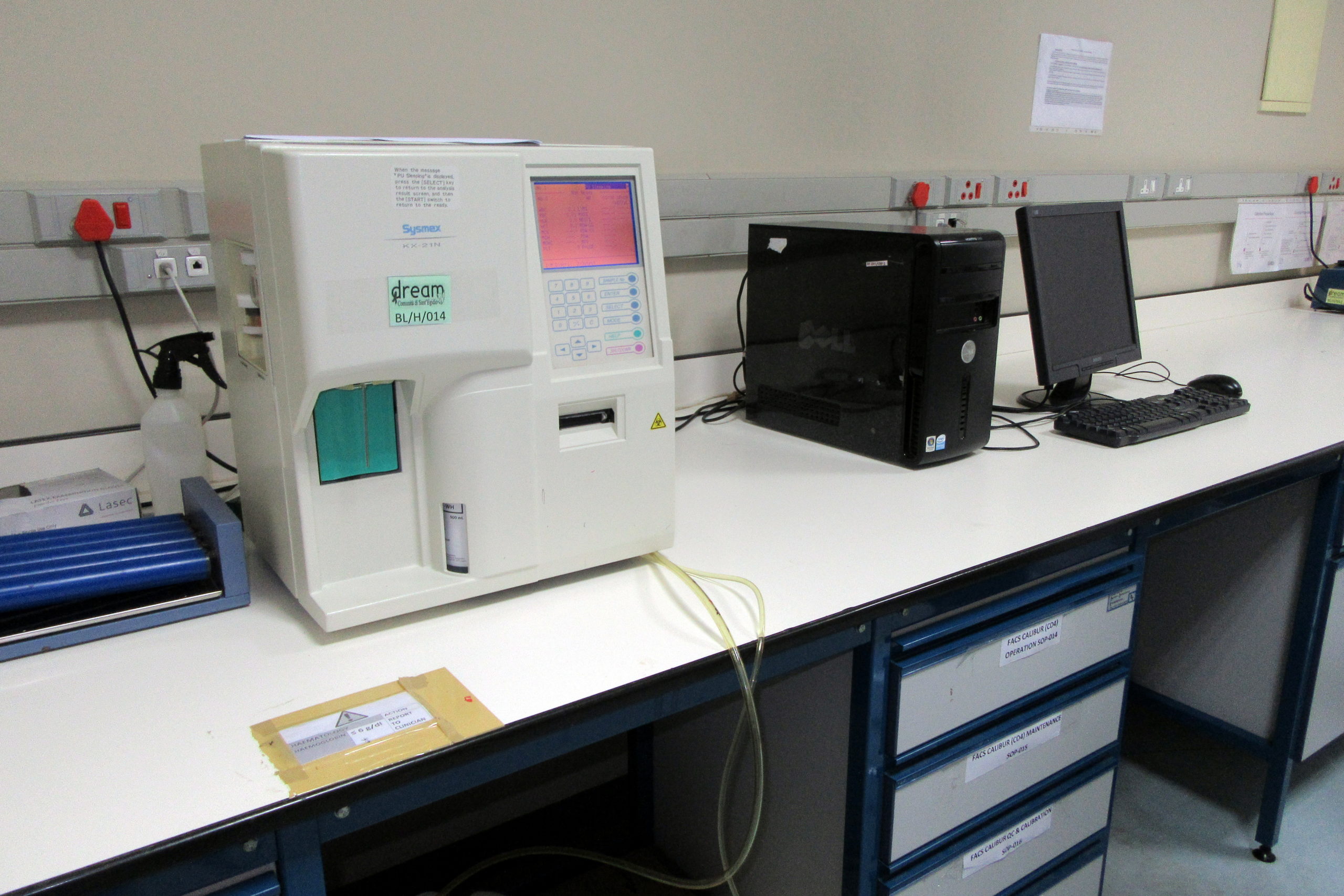Covid-19 in Malawi, DREAM in the forefront in preventing infection
A few hundred suspected cases but only 17 cases confirmed positive and two deaths as of April 19th, 2020. Apparently the coronavirus emergency in Malawi is very limited. Across Africa, just over 21,000 cases and 1,000 deaths have been reported but too few tests are being carried out and it is usually difficult to identify the cause of each death. The figures therefore say very little about the actual infection rate of a virtually unknown virus which, according to the experts, is certainly more widespread than it appears and will increase significantly when winter arrives, which in the African countries of the southern hemisphere starts in May and continues until July.
Richard Luhanga, the director of the DREAM centres’ laboratories in Malawi, explains that “The number of cases reported may not reflect the current situation, since the swab tests are not yet efficient and our national healthcare systems are unable to carry out thorough screening”.
According to official government reports, almost all the confirmed cases have come from abroad. Although the official figures are low, Malawi has formed a government covid-19 committee with ministers and experts from the Ministry of Health.
On 30th March, a national emergency was declared, the schools and universities were closed and gatherings of more than 10 people were prohibited. In order to ensure social distancing, access to public and private transport is limited.
The Ministry of Health has developed standard procedures, algorithms for screening and it is drafting a covid-19 manual. There are currently three coronavirus testing centres throughout the country, two in the centre and one in the south, with a 4th under construction in northern Malawi. District level rapid response teams have also been set up, and they have a budget for drugs and protective equipment.
The problem of supplying personal protective equipment is very serious in many healthcare centres because there is often not enough or none at all. Luhanga explains, “We are talking about visors, masks, disinfectants and overalls. Before they use them, the healthcare staff have to know how to wear them in order to avoid cross-contamination. The staff who do not have protective equipment can come into contact with the rest of the population and increase the risk of spreading the virus”.
The Community of Sant’Egidio DREAM centres have already started supporting Malawi’s healthcare system. Luhanga says, “We have set up prevention measures to stop the virus from spreading and to protect the healthcare personnel. We give FFP3 masks to the doctors who work with suspected cases, FFP2 masks to the doctors, nurses and volunteers who are in contact with the patients and FFP1 masks, the surgical masks, to the rest of the staff. All the staff are asked to wear surgical masks when they use public transport”.
When a patient arrives at a DREAM centres, they are triaged in order to identify suspected cases, who require more thorough screening. They are given some training and information about the coronavirus and they are provided with soap and water, chlorine and hand disinfectants.
Luhanga adds, “We have authorised the purchase of additional test equipment, such as pipette sets and a microcentrifuge. We are working with CHAI (Clinton Health Access Initiative) and the Ministry of Health to manage the coronavirus tests on Genexpert machines. DREAM has two Genexpert machines, one at the Blantyre laboratory and the other one at the Mtengowanthenga laboratory.
We also work with the National Health Reference Laboratory and Abbott in order to use Abbott m2000 systems, which already exist, for testing for covid-19. As a result, protocols for automated extraction with the Abbott m2000 extractor and detection protocols for using the Abbott m2000 detection unit have been adopted. These are Centres for Disease Control and Prevention (CDC) assay protocols and at the moment the Chinese DAAN kits are used in Malawi”.
Richard Luhanga, as the director of the DREAM laboratories, is also a member of the diagnostic team that is in charge of testing in south Malawi. The team includes the College of Medicine, the Malawi Liverpool Welcome Trust and the Queen Elizabeth Central Hospital. The team is responsible for training laboratory technicians, nurses and doctors to collect covid-19 samples for tests and in best practices for prevention.
The coronavirus emergency in Malawi risks widening the gap between the countryside and the cities. Eighty-five percent of the population live in rural areas, they are poor, they have no access to information and are not aware of how serious the situation is. The impact of the coronavirus on these people is potentially devastating. It is unlikely that they will carry out social distancing or be able to follow the hygiene-health indications since they cannot even afford to buy soap or sanitizers. The situation in the cities is different, because the awareness campaigns and the measures taken by companies regarding sanitation have had an effect. People have understood how dangerous it is and are afraid. Anyone going into a bank, shop, gas station or other public place, is encouraged to wash their hands. However, many people have lost their jobs, and the number of poor people risks increasing in the cities too, which fuels a spiral where people who cannot even afford the most elementary prevention measures become easy prey to the virus and spread the infection even more.
